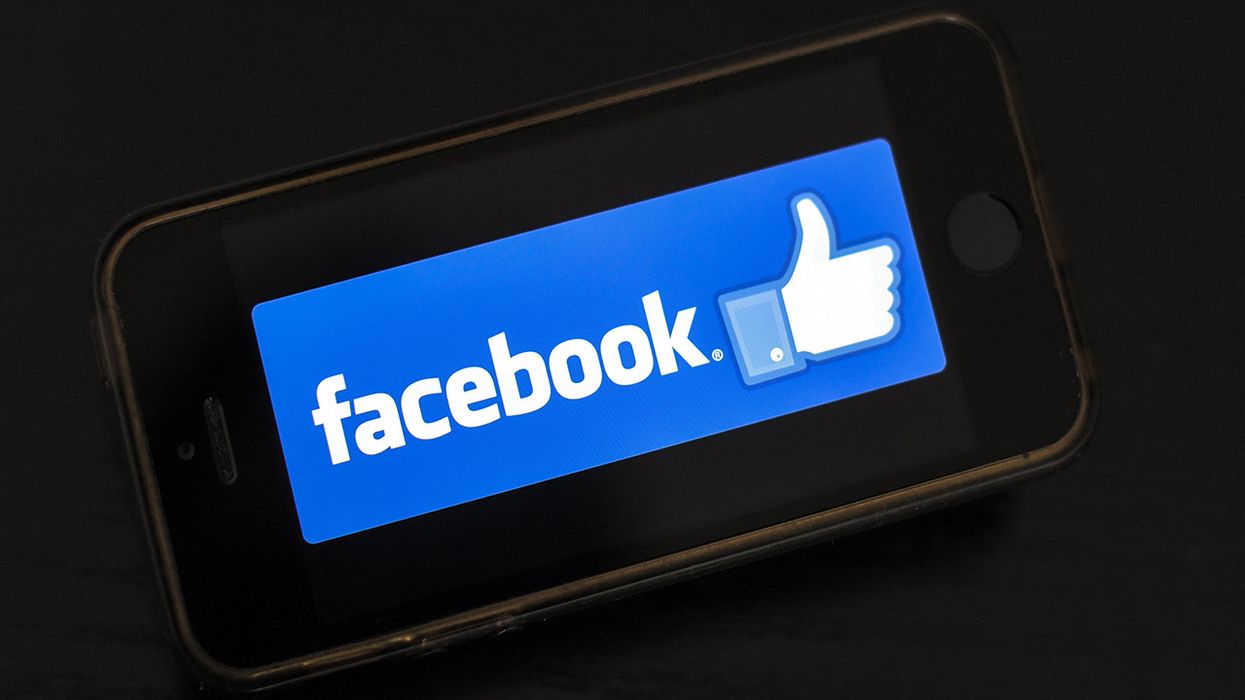
LOIC VENANCE/AFP/Getty Images

Parents' credit cards were linked to the games
Facebook allowed and encouraged children to make huge purchases on game apps without their parents' permission, according to information obtained by Reveal News, which is part of the Center for Investigative Reporting.
According to Reveal News' summary, the children individually spent hundreds and in some cases thousands of dollars on games such as Angry Birds, Fruit Ninja, Barn Buddy, and Petville from 2010 to 2014.
The outlet obtained the information through 135 pages of documents from a class action lawsuit filed in California in 2012 and settled in 2016. Reveal News released a summary of its findings Thursday, after a federal judge ruled that the documents must be made public.
Under the settlement, refunds were issued for purchases minors made between 2008 and 2015.
It has long been public information that Facebook and other platforms have allowed kids to rack up whopping bills that weren't approved by their parents.
In an internal analysis, Facebook found that from October 2010 to January 2011 children spent $3.6 million on games, according to the report. And about 9 percent of that revenue was pulled back by credit card companies when Facebook denied refunds, according to Reveal News' initial findings. The social media giant reportedly asked game developers to respond to refund requests by issuing “free virtual goods" instead of money.
A 1 percent "chargeback" rate is considered high, Reveal News reported, and the Federal Trade Commission considers a 2 percent chargeback rate a “red flag" for deceptive business practices.
Through surveys, Facebook reportedly learned that children were not aware they were spending "real" money. They also didn't understand that their parents' credit cards were linked to the games, Reveal reported. The documents also show that Facebook typically refused refund requests when it received them from cardholders, according to the report.
Some internal emails showed employees referring to the kids as “whales," a term casinos use to refer to gamblers with huge amounts of cash. Facebook employees also reportedly used the term “friendly fraud" to refer to purchases made by children without their parents' permission. Game developers were reportedly told that the practice would be a good way to boost revenue, according to the report.
After the lawsuit was settled, Facebook changed its terms and established an internal queue for in-app purchases made by U.S. minors.
When the entire cache of documents is made public, it will likely show how much Facebook policies on the problem have changed since the lawsuit, according to reports.